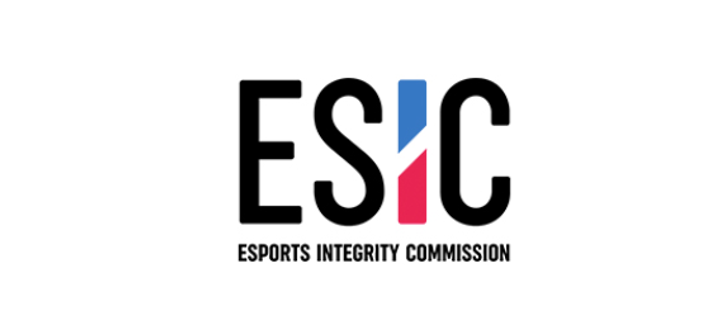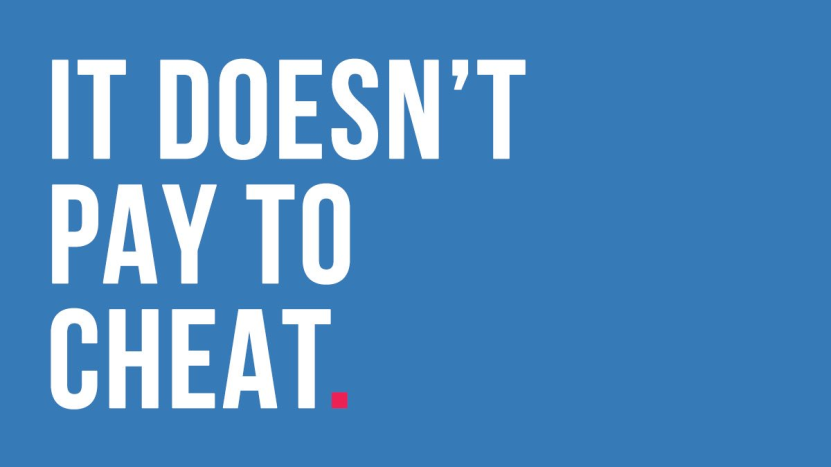The Esports Integrity Commission, or ESIC, has issued a public statement regarding stream sniping in Counter-Strike: Global Offensive. With online tournaments as the new standard, there are more opportunities than ever for teams to watch streams of their own live matches and gain an informational advantage.
The ESIC claims to have received an alarmingly high number of ghosting allegations in Counter-Strike over the past few months. After a series of investigations, they have “assessed compelling evidence depicting that this behaviour has been taking place on an alarmingly regular basis and at all levels of competition.”
ESIC reinforces prohibition on stream sniping in CSGO with its notification of a zero tolerance policy.
— ESIC (@ESIC_Official) December 2, 2020
“ESIC has received and assessed compelling evidence depicting that this behavior has been taking place on an alarmingly regular basis and at all levels of competition.” (1/2) pic.twitter.com/ExYLGUkh9S
The Integrity Commission went on to recommend several techniques that could prevent or mitigate stream sniping, including three-minute broadcast delays, external recording of players, and muting commentary during technical pauses.
- Read more: Tfue forced to forfeit Twitch Rivals prize money, xQc's teammates banned after stream sniping fiasco
The ESIC further confirmed that entire professional teams were breaking anti-ghosting rules on a regular basis. If they were to issue bans as a result of these violations, it “would have had an extremely adverse effect on CS:GO esports, particularly in the top tier.”
A graphic on the ESIC website claims it "doesn't pay to cheat" but washing their hands of widespread stream sniping contradicts that. (Picture: ESIC)
Seeing as their previous rules did not align with their now-zero tolerance policy, the Commission has elected to halt all current investigations without charging anyone. However, all future violations will be “vigorously prosecuted.”
“Whilst I am disappointed with the level of abuse of this facility and clear rule-breaking, it is my view that we have done what is best for the broader CS:GO community,” said Commissioner Ian Smith.
“Our decision not to proceed with prosecutions and our recommendations are born out of pragmatism and the desire for a holistic [sic] approach that actually works and has the minimum adverse impact on this important esports community,” he added. While certainly practical, some Counter-Strike community leaders are disappointed with the decision.
Super disappointed TOs and ESIC decided not to punish those caught stream sniping.
— Michal Slowinski (@michau9_) December 2, 2020
How does one get away with what's essentially cheating? How is it fair on those who played fair and potentially lost money, ranking points or even their jobs?! https://t.co/U0RNSfd0GP
The Esports Integrity Commission is most famous in Counter-Strike for banning more than 40 coaches and staff in September for abusing a spectating bug. Their partners include DreamHack, Blast Pro Series, the Electronic Sports League, and more.

 No ads, our video library,
No ads, our video library,


